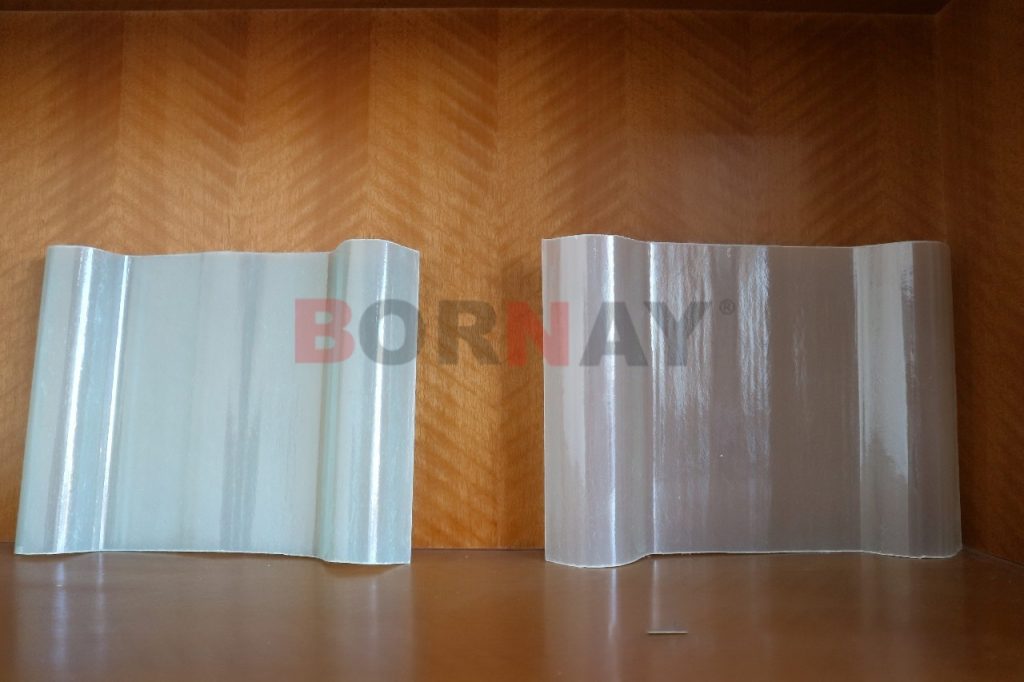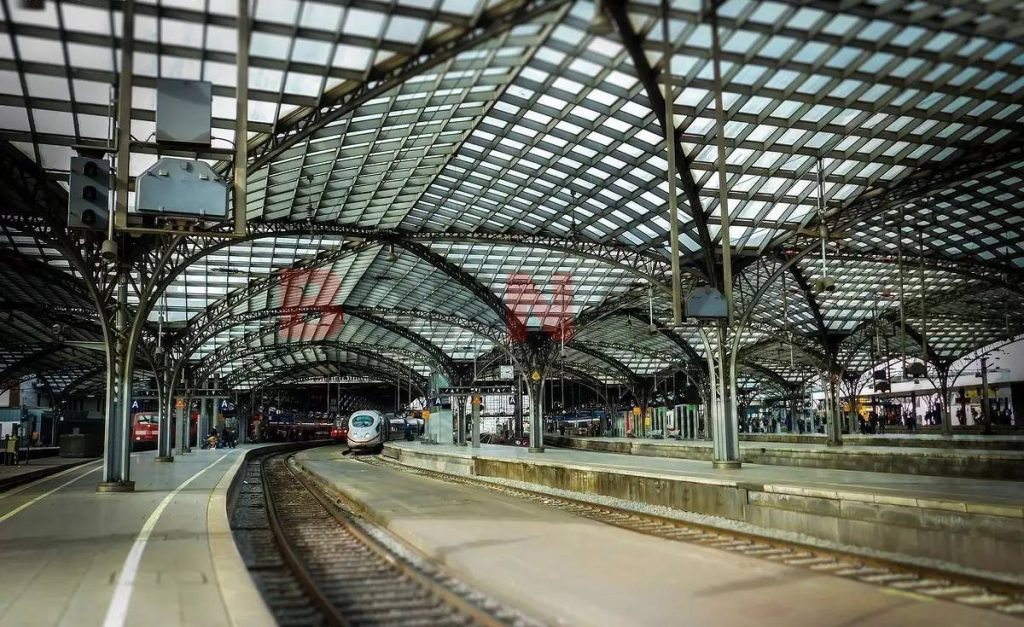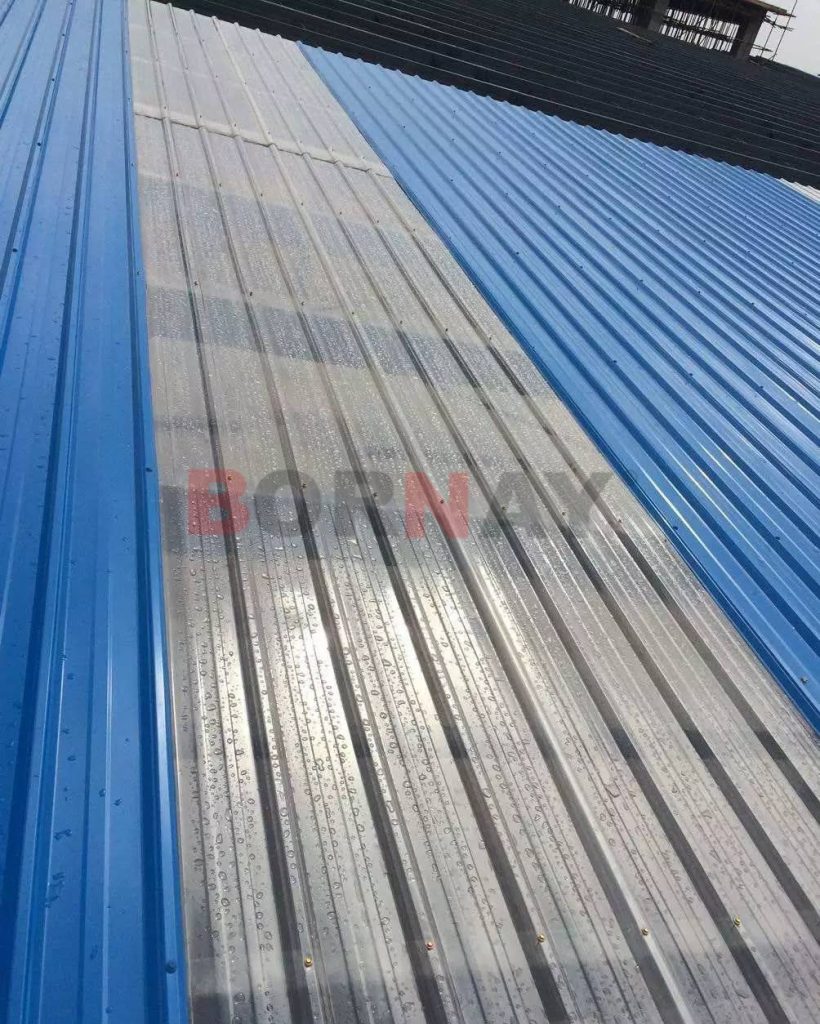bonai@tilefrp.com
Explore the advantages and applications of FRP roof panels
FRP (Fiber Reinforced Plastic) roof panels offer several advantages over traditional roofing materials. Here are some of the key advantages and applications of FRP roof panels:

Lightweight: FRP roof panels are lightweight compared to materials like metal or concrete, making them easier to handle during installation. This lightweight characteristic also reduces the overall structural load on the building.Durability: FRP roof panels are highly durable and can withstand harsh weather conditions, including extreme temperatures, UV radiation, and corrosive environments. They are resistant to cracking, chipping, and fading, ensuring long-term performance and minimal maintenance requirements.High strength-to-weight ratio: FRP roof panels possess a high strength-to-weight ratio, meaning they offer significant strength while being lightweight. This feature makes them suitable for a variety of applications without compromising structural integrity.Versatility: FRP roof panels are available in various profiles, colors, and textures, allowing for design flexibility. They can be molded to resemble traditional roofing materials such as tiles, shingles, or corrugated sheets, providing aesthetic appeal while maintaining the benefits of FRP.Excellent insulation properties: FRP roof panels have inherent insulating properties, helping to regulate temperature and reduce energy consumption. They provide thermal insulation, preventing excessive heat gain in hot climates and minimizing heat loss in colder regions.UV resistance: FRP roof panels are manufactured with UV inhibitors, making them highly resistant to UV radiation. This feature ensures that the panels retain their color, gloss, and structural integrity over an extended period, even under direct sunlight exposure.Chemical resistance: FRP roof panels are resistant to a wide range of chemicals, including acids, alkalis, solvents, and corrosive gases. This characteristic makes them suitable for use in industrial environments, chemical processing plants, or areas prone to chemical exposure.

Applications of FRP roof panels:Commercial and industrial buildings: FRP roof panels are commonly used in commercial and industrial structures due to their durability, low maintenance requirements, and resistance to chemicals and weathering. They are used in warehouses, factories, hangars, and agricultural buildings.Residential buildings: FRP roof panels are increasingly being used in residential construction due to their lightweight nature and ability to mimic the appearance of traditional roofing materials. They are used in houses, apartments, and low-rise buildings.Greenhouses and agricultural structures: FRP roof panels are ideal for greenhouses and agricultural buildings due to their excellent light transmission properties. They allow natural light to penetrate while protecting plants from UV radiation and adverse weather conditions.Sports facilities: FRP roof panels are used in sports arenas, stadiums, and recreational facilities. Their lightweight nature allows for larger spans, reducing the need for additional support structures.Transportation infrastructure: FRP roof panels find applications in transportation infrastructure such as bus stops, train stations, and airport terminals. Their durability, weather resistance, and aesthetic options make them suitable for these settings.

It's important to note that specific design considerations, local building codes, and environmental factors should be taken into account when considering the use of FRP roof panels. Consulting with a professional architect or engineer experienced in FRP applications is recommended for proper installation and adherence to relevant regulations.



